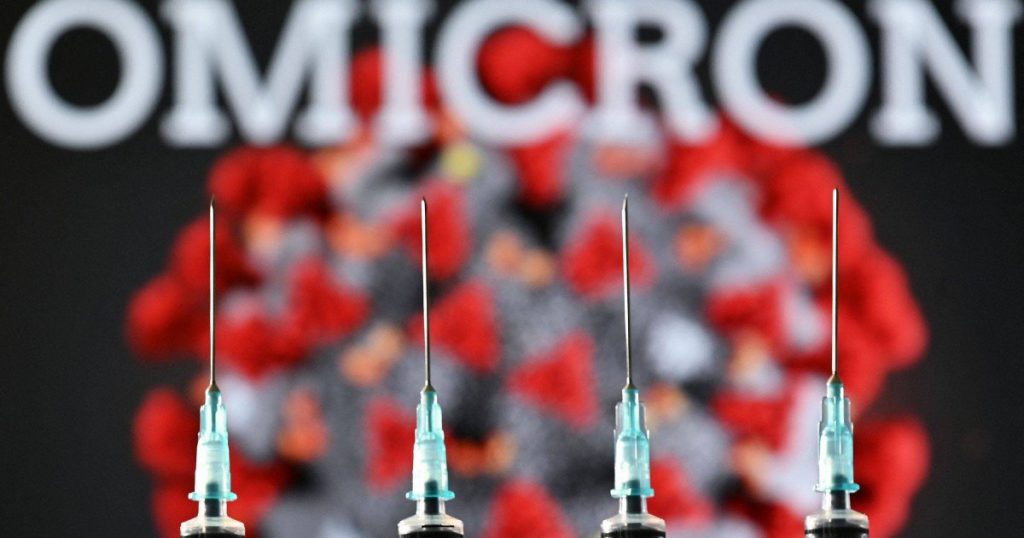Due to a lack of data, WHO was unable to determine whether the increased incidence of transmission was due to a lower susceptibility to immune responses, a higher transmissibility, or a combination of both.
According to various news reports, the World Health Organization (WHO) cautioned on Sunday that the newer Omicron variation (B.1.1.529) of SARS-CoV-2 is more transmissible than the Delta strain and decreases vaccination efficacy while causing less severe symptoms, based on early data.
However, due to a lack of data, the global health organization said it couldn’t tell if the higher rate of transmission was due to a lower susceptibility to immune responses, a higher transmissibility, or a combination of both.
While “mild” illness or asymptomatic cases of Omicron infections have been observed so far, the WHO also stated that the data was insufficient to determine the clinical severity of the new strain, which has prompted several countries to impose flight restrictions and other travel restrictions from southern African countries.
Meanwhile, as of December 9, Omicron cases had been reported from as many as 63 nations, according to the UN health agency. The United Kingdom and South Africa were among the countries where cases spread more quickly. Previously, the Delta variant was less common in South Africa, but it was the most common in Britain.
On Sunday, many Indian states and districts reported cases of the Omicron variety, bringing the overall number of illnesses associated with the strain to 38.
The variant was initially discovered in South Africa, and it was declared a variety of concern by the WHO in November.
Makers of the Covid-19 vaccination Based on preliminary laboratory tests, Pfizer and BioNTech reported last week that three doses of their vaccine looked to be effective against the variation.
